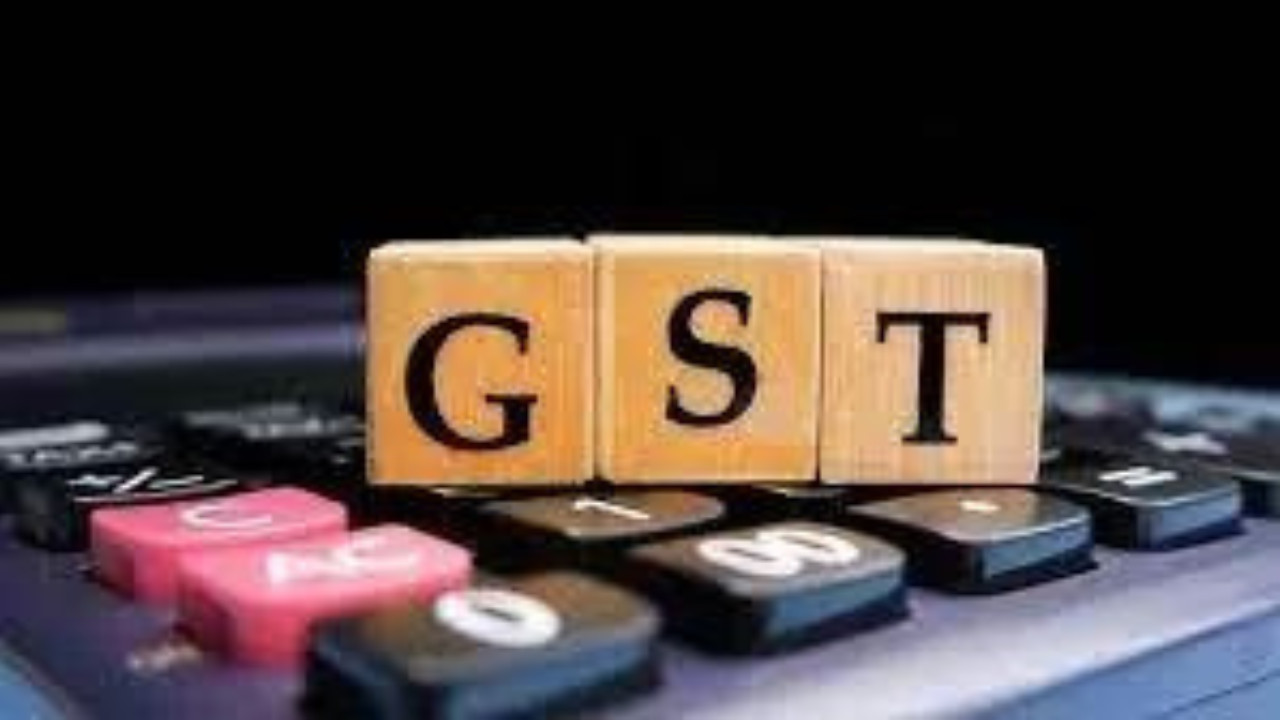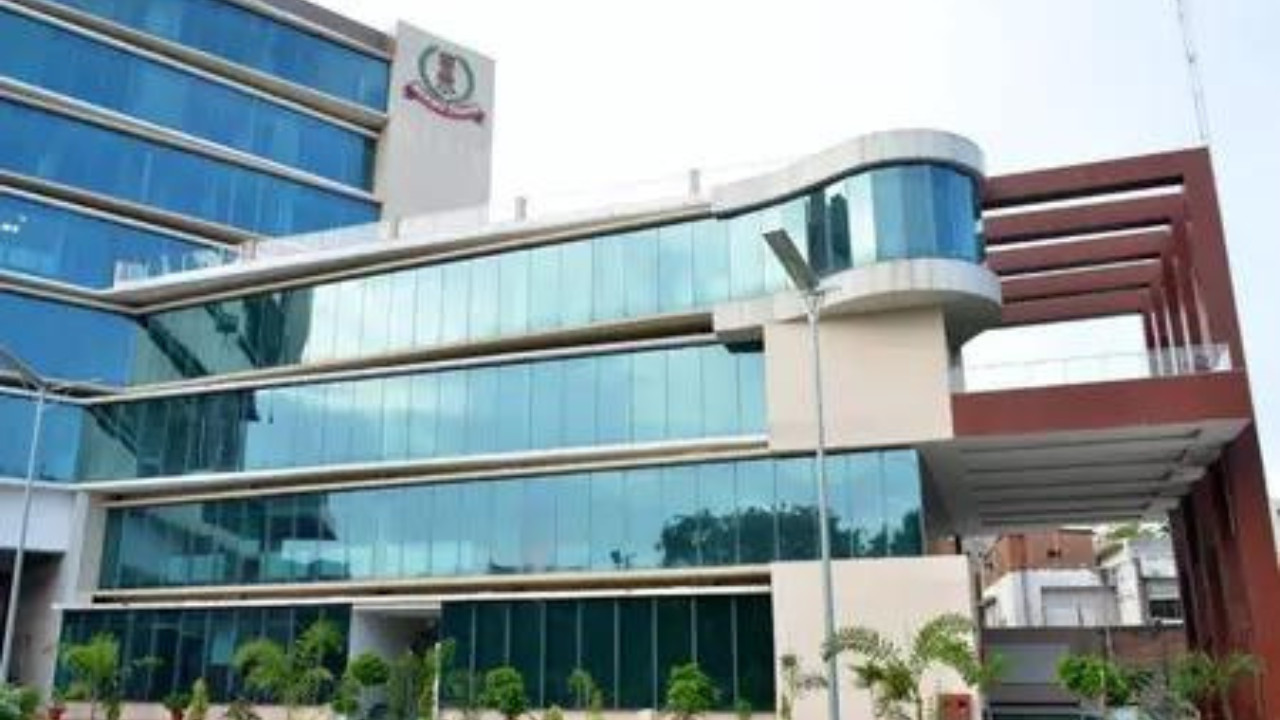Shuffling the Deck: A New Hand at the Economic Advisory Council to the PM
So, the economic landscape feels… dynamic, doesn’t it? It’s a polite way of saying things are changing rapidly, and keeping up requires sharp minds and a steady hand on the tiller. Which is why the recent reshuffle at the Economic Advisory Council to the Prime Minister (EAC-PM) is worth a closer look. It’s not just about names changing on a doorplate; it’s about the direction we might be heading.
NITI Aayog member Arvind Virmani is stepping into the role of Chairman. Now, Virmani brings a wealth of experience to the table, having served as Chief Economic Advisor in the past. He’s seen the inner workings of government, navigated complex policy challenges, and has a track record of providing, let’s just say, robust opinions. His appointment signals a potential shift, perhaps towards a more assertive and data-driven approach to economic advice. Will it translate into bolder policy recommendations? That’s the million-dollar question, isn’t it?
Alongside Virmani, we’ve got some fresh faces joining as part-time members. Let’s break them down:
* Prof. Poonam Gupta: Currently the Director General of the National Council of Applied Economic Research (NCAER). Gupta’s background leans heavily into macroeconomic modeling and forecasting. Expect her to bring a keen eye to analyzing economic trends and providing predictive insights. Her inclusion hints at a renewed focus on data analysis and anticipating future economic challenges.
* Prof. T.T. Ram Mohan: A professor at IIM Ahmedabad. Ram Mohan is known for his work on banking and finance. His expertise could be particularly valuable given the ongoing stresses and reforms within the Indian banking sector. Perhaps his presence will lead to a greater emphasis on financial stability and innovative solutions for the banking industry.
* Dr. Ashima Goyal: An emeritus professor at the Indira Gandhi Institute of Development Research (IGIDR). Goyal has a strong background in monetary policy and international finance. Given the global economic uncertainties and the Reserve Bank of India’s (RBI) ongoing battle with inflation, her input could be crucial in shaping India’s monetary policy stance.
* Rakesh Mohan: The president of the Centre for Social and Economic Progress (CSEP). A former Deputy Governor of the Reserve Bank of India, and also a former Secretary of the Department of Economic Affairs. He has seen the country’s economy take shape from many influential seats.
Now, what does this all mean? It’s rarely a simple one-to-one correlation. But it does paint a picture of the areas where the government might be seeking deeper insights and advice.
The inclusion of experts with strong backgrounds in macroeconomics, finance, and monetary policy suggests that the government is particularly concerned about navigating the current global economic headwinds. Think about it: inflation, global recessionary fears, supply chain disruptions – these are all pressing issues that demand careful analysis and strategic responses.
Furthermore, the emphasis on data-driven analysis and forecasting, reflected in the appointments of Virmani and Gupta, indicates a desire for more proactive and evidence-based policymaking. This could lead to more targeted interventions and a greater focus on anticipating future economic challenges, rather than simply reacting to them.
It’s also worth noting that the EAC-PM plays a crucial role in bridging the gap between academic research and practical policymaking. By bringing together experts from diverse fields, the council can provide a more holistic and nuanced understanding of complex economic issues. The diverse backgrounds of the new members, spanning academia, research, and the financial sector, should foster a richer and more informed dialogue.
Of course, the real test lies in the implementation. The best advice in the world is useless if it’s not translated into effective policies. The success of the revamped EAC-PM will depend on its ability to not only provide sound advice but also to effectively communicate its recommendations to the government and the public.
It will also depend on how receptive the government is to potentially challenging perspectives. A truly effective advisory council needs to be able to offer independent and unbiased advice, even if it sometimes clashes with prevailing political narratives.
So, the deck has been shuffled. New players are in place. The economic game is certainly underway and has become a lot more complicated. The question is whether this new hand will lead to a winning strategy for India’s economic future. Only time will tell, but the initial signs suggest a potentially more dynamic and data-driven approach to economic policymaking. Let’s hope it translates into a stronger and more resilient economy for all.
📬 Stay informed — follow us for more insightful updates!







